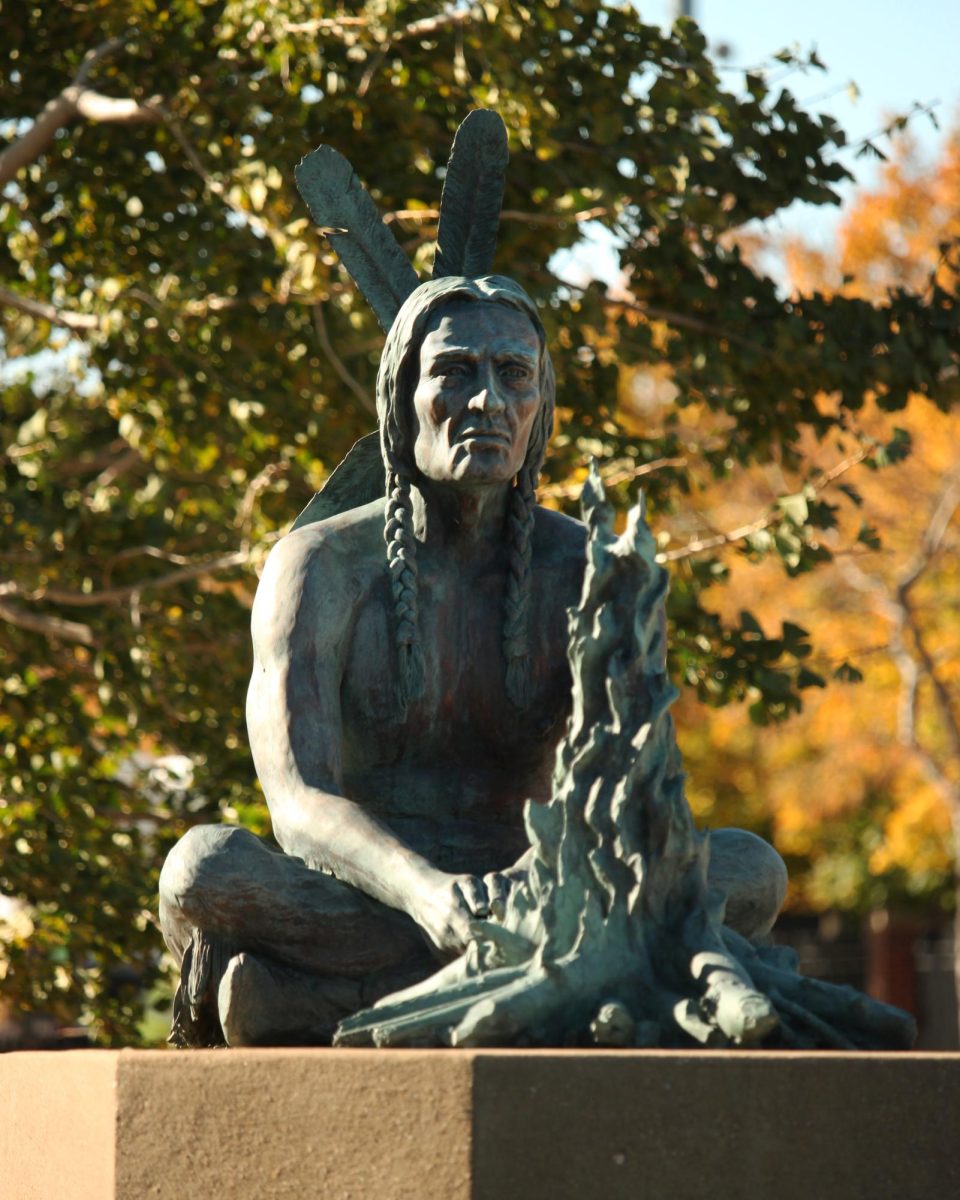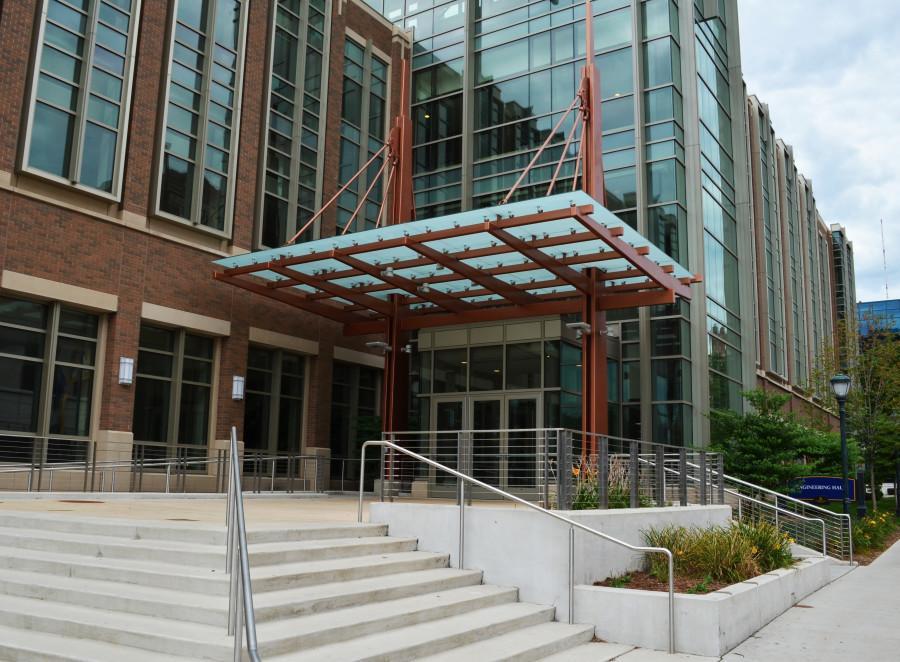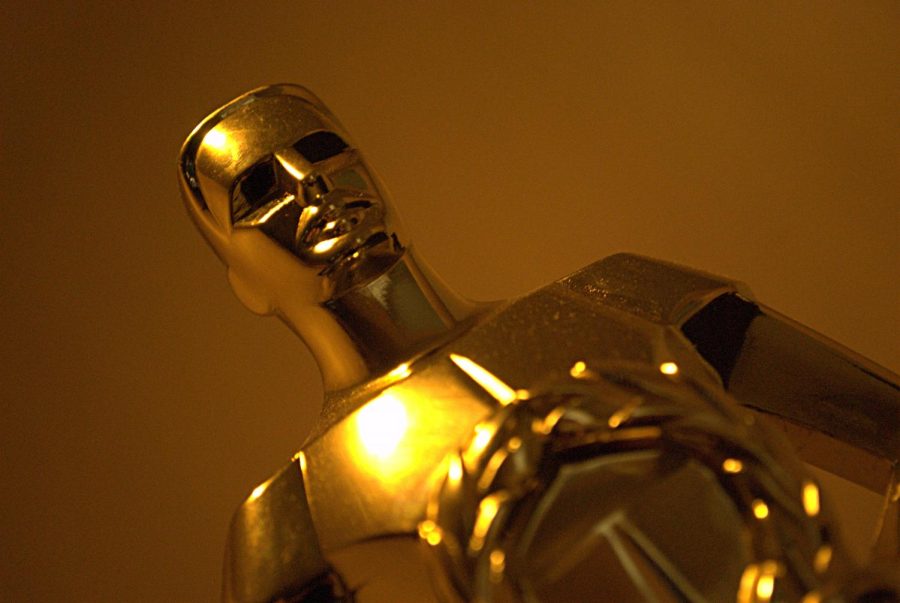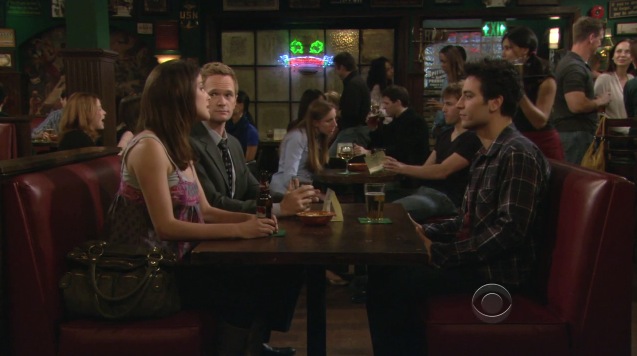 For many high school juniors and seniors, the month of April is represented by the one event that many students look forward to their entire high school careers. It’s the conclusion to countless teenage films, where unpopular students become royalty, girls get kissed by Prince Charming and nightmares of being doused in pig blood occasionally become reality.
For many high school juniors and seniors, the month of April is represented by the one event that many students look forward to their entire high school careers. It’s the conclusion to countless teenage films, where unpopular students become royalty, girls get kissed by Prince Charming and nightmares of being doused in pig blood occasionally become reality.
This oh-so important event is prom.
No matter if you’re a freshman able to reminisce about this from last year, an upperclassman still seeing Facebook posts of extravagant invitations or a professor 30 years removed, high school prom and the financial and personal stresses that accompany it are something that most everyone can remember.
What most of us probably can’t remember, though, is juggling all of the surface level dance woes on top of trying to advocate for and plan a school’s first integrated prom. This is the exact balancing act that some Wilcox County High School students in Rochelle, Ga., are trying to accomplish.
According to articles from various news sources, segregated proms and homecoming dances have been a tradition for the Wilcox County school district for as long as residents can remember. Although the school district has been desegregated for decades, each fall and spring students and parents plan two separate dances – one for white students and one for non-white students. Anyone who attempts to attend a dance for a different race is turned away at the door.
It’s been reported that when a few students initially suggested the idea to plan an integrated prom, the Wilcox County school board and superintendent showed immense support. The decision was made, however, that although the board will permit the creation of an integrated prom that students may choose to attend this year, there will still be an option of a segregated dance, as well.
I was completely shocked upon reading this story. The obvious shock was that I couldn’t believe a school could still, in 2013, have segregated dances. I experienced more disbelief, however, at the way in which the story has been covered by news sources.
After reading many articles, it’s apparent that this situation has been primarily portrayed as a “feel good” story. The initial idea is that a segregated dance is enough to draw in and hopefully appall any reader, but the angle mostly focuses on the excitement of the students planning the dance, not the major issues that inherently exist in such segregation in the first place.
It’s incredibly admirable that many students in this case are standing up for their rights and what they believe in and taking action to affect change. The fact that can’t be overlooked, though, is that these students shouldn’t have to take such a stand in the first place.
In a school district that has been integrated for decades, there is no reason dances should still be segregated – tradition or not. There is also no reason it should have taken this long, or taken a group of students simply wanting to dance with friends of different races, to challenge such a tradition.
Instead of focusing on the frilly aspects of the story such as the “Masquerade Ball in Paris” theme and whether or not Quanesha Wallace (the main advocate for change) has a date or dress yet, the emphasis should be that this is an example of how racism still exists today. In this case, it’s due to outdated traditions.
Although this is a rare enough example of blatant racism that it gained national news coverage, it makes one wonder how many similar situations occur without anyone questioning them. Not only that, it also calls attention to the number of small acts and statements each day that go overlooked as jokes or off-hand comments but nevertheless reinforce racist thought.
Whether it is personal remarks and opinions or the decades-long tradition of an entire school district, the current situation in Rochelle serves as a sad reminder that even in 2013, racism still exists in varied forms.
In this case, the individuals involved should be praised for their efforts to challenge a well known tradition and create what is sure to be an inspiring high school dance. Once the streamers and corsages subside, though, it’s time to once again re-examine the issue of racism in a society that so often thinks it is a thing of the past.
—
Brooke Goodman is a senior studying journalism and political science. Email brooke.goodman@marquette.edu with anything you’d like to see her write about.





